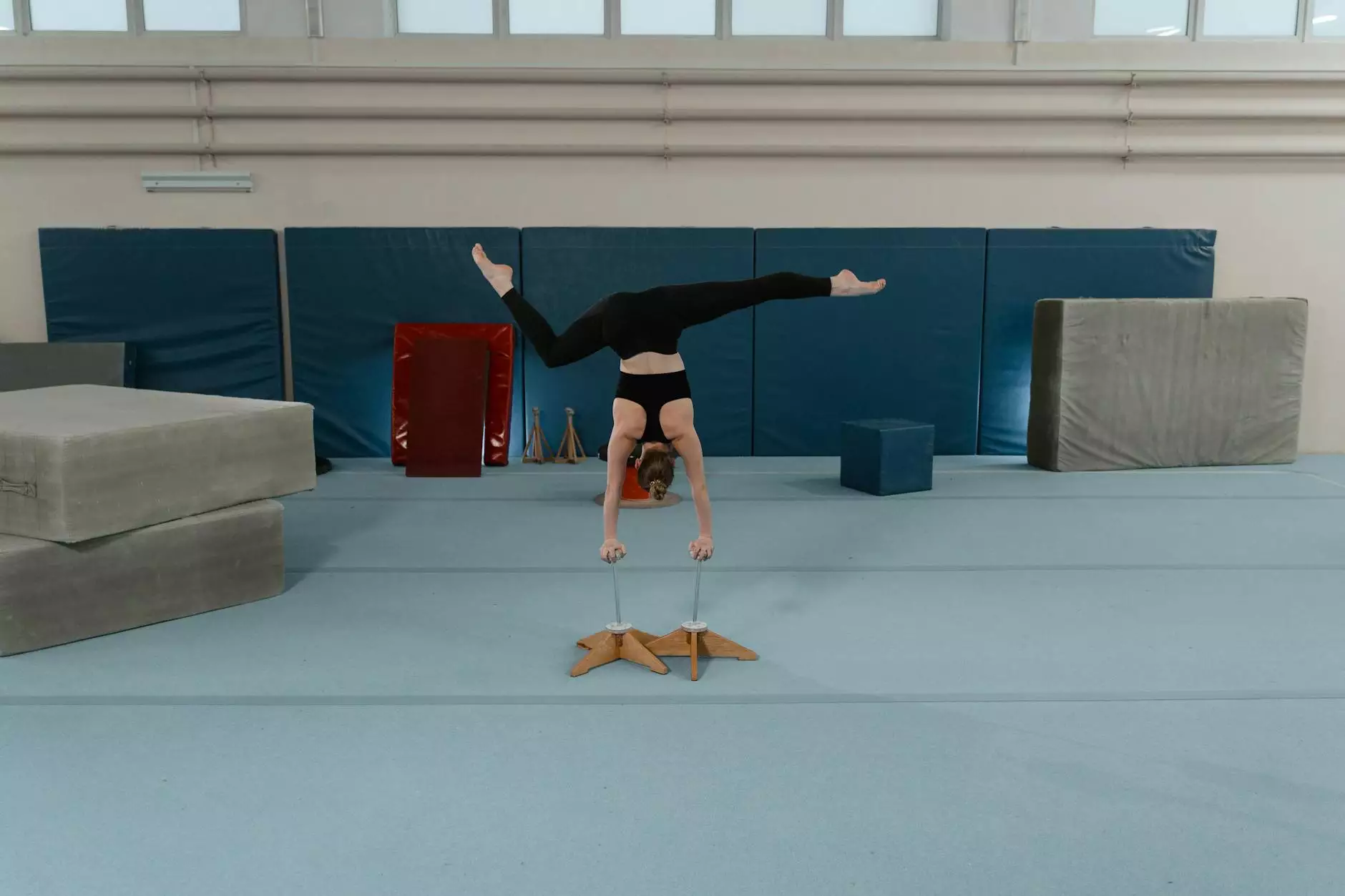Ten Bad Habits Athletes (and Parents!) Should Stop Today
Blog
Welcome to Bowling Orthopaedics' blog, where we offer valuable insights and expert advice to help athletes and parents optimize their performance and overall health. In this article, we will discuss ten common bad habits that athletes and parents should stop today for better results and a healthier lifestyle.
1. Skipping Warm-up and Cool-down
Many athletes, whether due to lack of time or ignorance about its importance, often skip or rush through warm-up and cool-down routines. However, these routines are crucial for injury prevention and optimal performance.
Before any physical activity, it is essential to warm-up your muscles, increase blood flow, and improve joint mobility. This can be achieved through dynamic stretches, light cardio exercises, and sport-specific movements.
Similarly, after your workout or competition, taking the time to cool down helps your body gradually return to its normal state and prevents injury. Engage in static stretches and low-intensity exercises to properly cool down and aid in muscle recovery.
2. Ignoring Proper Nutrition
Proper nutrition plays a significant role in an athlete's performance, recovery, and overall health. Many athletes and parents neglect their diet, opting for convenience or unhealthy food choices.
Ensure your meals are well-balanced, consisting of lean proteins, complex carbohydrates, and healthy fats. Incorporate plenty of fruits and vegetables for essential vitamins, minerals, and antioxidants. Hydration is also crucial, so drink enough water throughout the day.
Avoid excessive consumption of sugary snacks, processed foods, and drinks high in refined sugars. These can lead to energy crashes, inflammation, and hinder your athletic performance.
3. Overtraining without Adequate Rest
Pushing yourself too hard without enough rest and recovery is a common bad habit among athletes. Overtraining can lead to various physical and mental health issues, including increased injury risk, muscle fatigue, and burnout.
Give your body ample time to recover and adapt by incorporating rest days into your training routine. Listen to your body's signals and pay attention to signs of overtraining, such as persistent fatigue, decreased performance, and mood swings.
Additionally, prioritize good quality sleep, as it is during sleep that your body repairs and rejuvenates itself.
4. Neglecting Proper Injury Prevention Techniques
Preventing injuries should be a top priority for athletes, but many neglect the necessary precautionary measures. This can lead to significant setbacks and hinder long-term athletic progress.
Include regular strength and conditioning exercises in your training program to improve stability, balance, and flexibility. Warm-up properly before engaging in any physical activity, and ensure your equipment, such as shoes or protective gear, is in good condition.
If you experience any pain or discomfort during training, do not ignore it. Seek professional advice and address the issue promptly before it worsens.
5. Lack of Cross-Training
Focusing solely on one sport or activity can lead to imbalances in your body and increased risk of overuse injuries. Cross-training can help diversify your movements, improve overall fitness, and reduce the likelihood of repetitive strain injuries.
Engage in different types of exercises or sports that complement your primary activity. For example, if you are a runner, incorporate strength training, swimming, or cycling into your routine.
Cross-training not only benefits your physical health but also provides mental stimulation and prevents boredom, enhancing your overall athletic experience.
6. Neglecting Mental Health
Athletes often face immense pressure to perform at high levels, which can negatively impact their mental health. Ignoring mental well-being can lead to decreased motivation, burnout, and suboptimal performance.
Take care of your mental health by practicing stress management techniques, seeking support from friends, family, or professionals, and maintaining a healthy work-life balance. Engaging in relaxation exercises such as meditation, yoga, or mindfulness can also be beneficial.
Remember that mental and physical health go hand in hand, and addressing both is crucial for overall well-being.
7. Poor Flexibility and Mobility Training
Flexibility and mobility are essential for optimal athletic performance and injury prevention. Unfortunately, many athletes neglect dedicated training for these aspects.
Incorporate regular stretching exercises, yoga, or Pilates to improve your range of motion, joint flexibility, and overall mobility. Dedicate time to target specific areas of your body that are prone to tightness or limited mobility.
Improved flexibility not only enhances your athletic performance but can also help with posture, muscle imbalances, and overall body alignment.
8. Lack of Proper Recovery Techniques
Athletes often overlook the importance of recovery techniques in their training regime. Recovery is crucial to repair muscles, reduce inflammation, and prevent overuse injuries.
Utilize recovery methods such as foam rolling, massages, ice baths, or contrast therapy to aid in muscle recovery and reduce muscle soreness. Active recovery activities like light cycling or swimming can also help flush out toxins and promote blood circulation.
Additionally, consider incorporating techniques like compression garments, elevation, and proper nutrition to optimize your recovery process.
9. Poor Communication and Sportsmanship
Developing healthy communication skills and practicing sportsmanship is often overlooked in sports. However, these aspects are vital for fostering a positive team environment and building strong relationships with coaches, teammates, and competitors.
Practice effective communication both on and off the field. Be respectful and supportive of your teammates and opponents, even in competitive situations. Displaying good sportsmanship not only elevates the overall experience but also contributes to a positive reputation as an athlete.
10. Neglecting Regular Health Check-ups
Maintaining regular health check-ups is essential for athletes to monitor their overall well-being, injury prevention, and optimize performance. Many athletes neglect these check-ups until a problem arises.
Schedule routine appointments with your primary care physician or orthopedic specialist to assess your physical condition and identify any underlying issues. These check-ups enable early detection and prompt treatment of potential problems, keeping you healthy and performing at your best.
At Bowling Orthopaedics, we strive to provide exceptional care and guidance to athletes seeking optimal health and performance. By addressing these ten bad habits, you can make a significant positive impact on your athletic journey.
Remember to always consult with experts and professionals for personalized advice based on your unique circumstances. Incorporating these changes into your routine will not only enhance your athletic performance but also elevate your overall well-being and long-term success.










